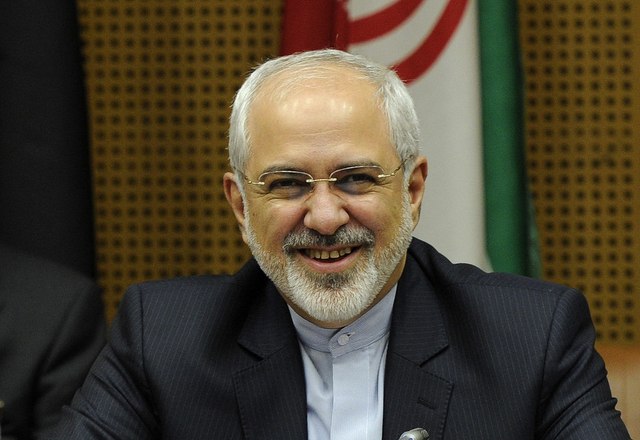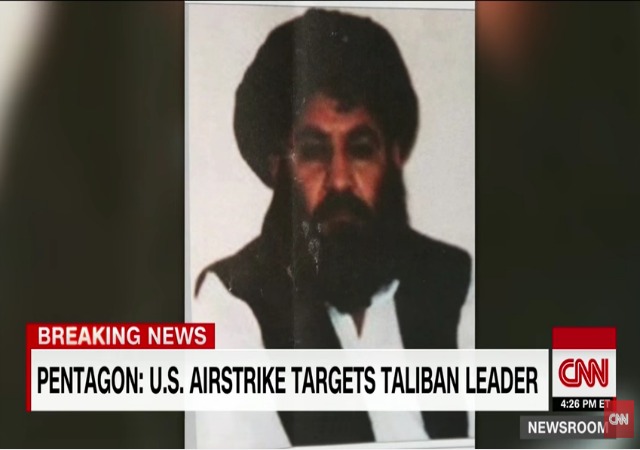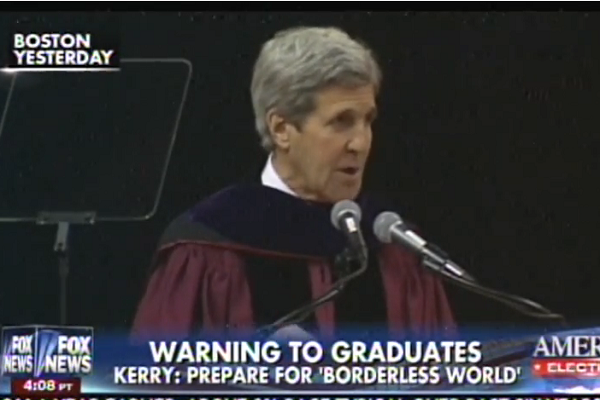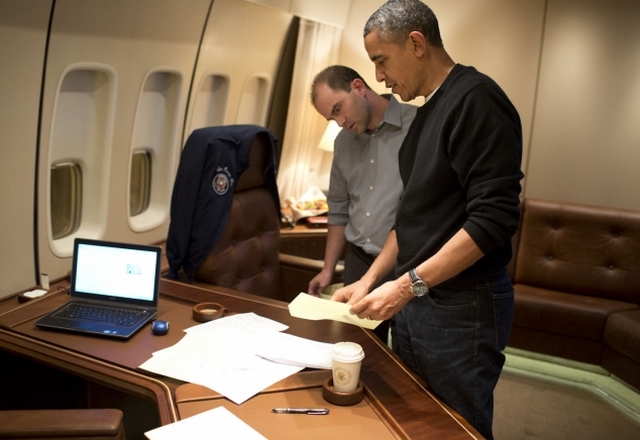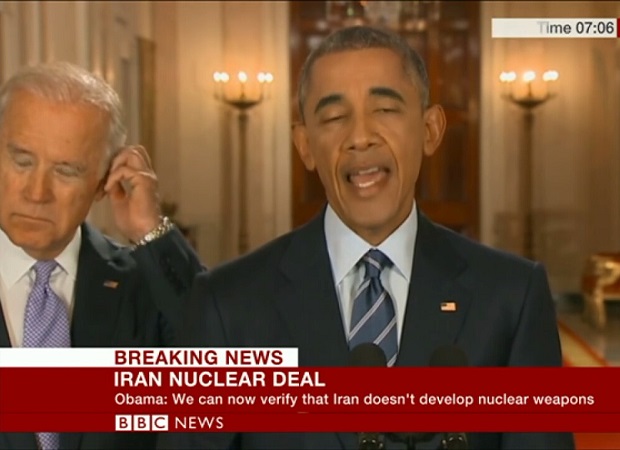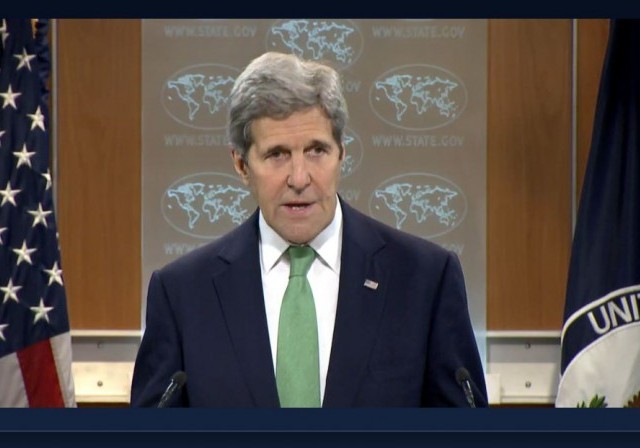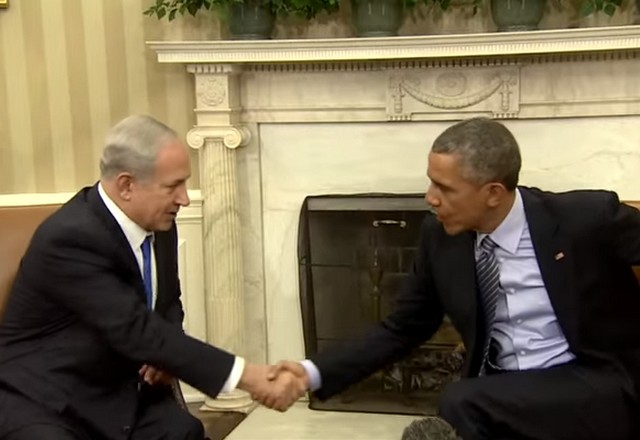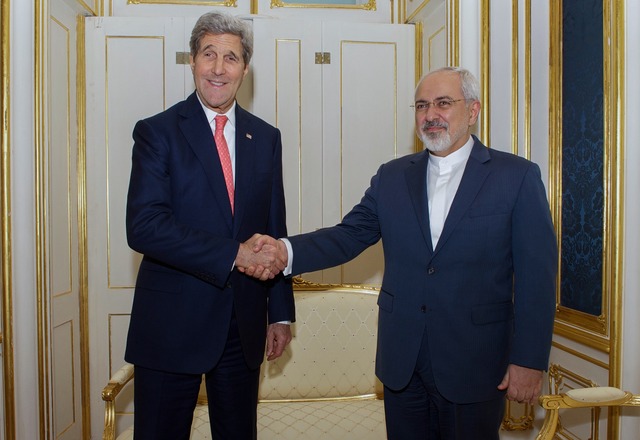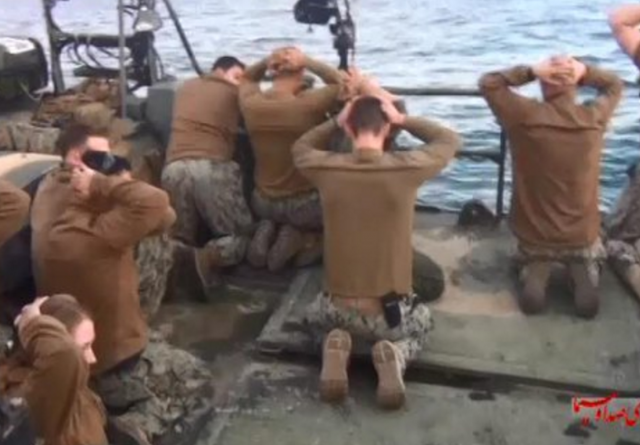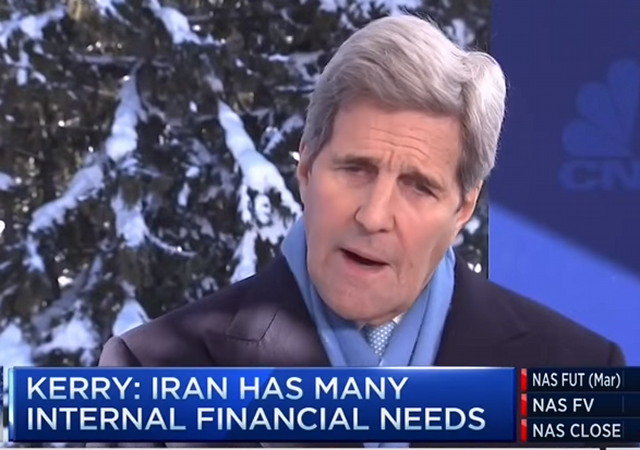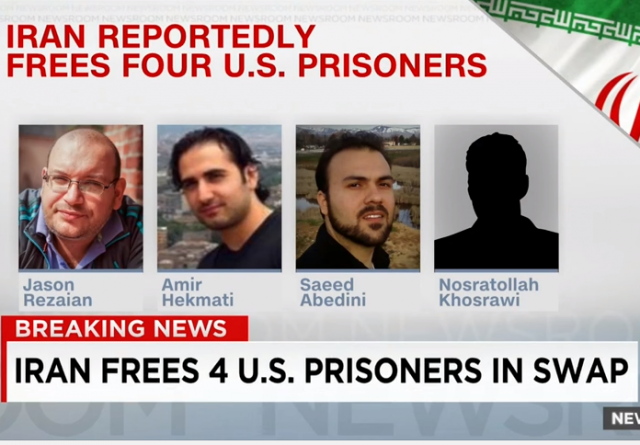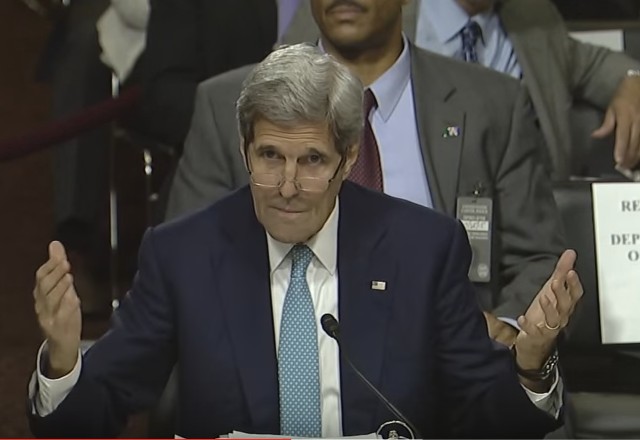How’s That Iran Nuclear Deal Working Out?
on May 25, 2016
6 Comments
How's the Iran nuclear deal working out?
I'm not asking the broader foreign policy question that Tom Nichols just addressed, but how is the nuclear aspect of the deal by itself working out?
According to Jonathan Broder of Newsweek, the deal is unraveling. And it is the fault of the United States.
Probably the biggest source of friction is a U.S. law that bars Iran from using the U.S. financial system and the American dollar, even indirectly. The law, enacted in 2012, was aimed at punishing Iran for a variety of alleged sins: the country’s ballistic missile program, human rights abuses and state-sponsored terrorism. Because these issues haven’t been resolved, there is virtually no chance Congress would repeal the law in the foreseeable future, experts say. As long as that statute remains in place, foreign banks holding Iran’s funds in dollars will be wary of doing business with the country.

